The Journey to Innovate How We Drink on the Go: 2 Years into the NextGen Consortium
February 20, 2020

This week, we hit a major milestone nearly two years after we launched the NextGen Consortium, our multi-year journey to solve for the waste associated with to-go cups: four of the winners of the NextGen Cup Challenge are piloting their solutions in cafes in the Bay Area.
After a six-month innovation challenge that identified 12 promising sustainable cup solutions out of hundreds of submissions, the hard work began to help innovators scale their solutions to address the global waste challenge while creating an equal or better customer experience. A six-month Accelerator provided six winning companies with mentorship, networking, and exposure to the end-of-use recovery systems their solutions need to navigate. And this week we are thrilled to start putting some of those cups to the test in the real world.
Two winning reusable cup innovators from the NextGen Cup Challenge — CupClub and Muuse — will start piloting their “smart” cup systems in Palo Alto and San Francisco respectively over the coming weeks. While Muuse is piloting a cup made of stainless steel, CupClub is using a cup made of polypropylene, demonstrating the diversity of material solutions out there. Footprint and PTT MCC Biochem Company Limited will also begin piloting their recyclable and compostable fiber cup solutions this month.
The beginning of this journey in 2018 coincided with a time when the movement to stop waste generated by single-use packaging began to take hold. We launched a Consortium to leverage the power of the world’s biggest food and beverage brands (Starbucks, McDonald’s, Taco Bell, KFC, Pizza Hut, Wendy’s, The Coca Cola Company, and Nestlé are all partners in the NextGen Consortium) and to create a market signal to drive scalable solutions for recyclable and compostable cups. And while expanding the recycling of food packaging is still a critical and primary focus of this ambitious endeavor, the dark horse in this race has been reusable and refillable cup systems.
We are seeing a growing demand from consumers and policy makers – and therefore an opportunity for brands – to completely rethink how we deliver products. And eliminating the need for single-use packaging in the first place is part of the suite of tools that can reduce waste and climate impact. From “naked” stores with no packaging to tech-enabled reusable packaging that tracks and recirculates items, sometimes with a consumer incentive, these models are growing. And cups are the next frontier, with a goal of making reusable cups as convenient as single-use. With these emerging cup models, consumers can simply get a cup at the cafe, drop it off at drop spots around the city or return them to the cafe for their next use. Companies like CupClub, Muuse, ReCup and others also work with the cafes and/or offsite washing facilities to collect and sanitize the cups.
Designing reuse models that can work in the complex ecosystems of a Starbucks or McDonald’s and creating an optimal customer experience across the US is no small task. Our testing and pilots over the last year have helped us identify pitfalls that have made past ideas fail. Innovation is a messy, iterative process and often failure leads to learnings, and learnings lead to success. Through the public-facing pilots launching this week, we are testing the cup’s technical feasibility, business model viability, user desirability and circular resiliency, among other things.
Lessons learned from these trials will be shared with NextGen Consortium partners, further honing and testing their systems to bridge the gap between prototyping and in-market testing and broader rollouts.
We see a bright future for pioneers in the reuse revolution like NextGen Cup winners CupClub, Muuse, and ReCup. We are equally excited to watch the innovation flood gates open thanks to the market signal created by the global brands in the NextGen Consortium coming together to find new solutions. We are seeing an unprecedented number of promising market entrants in reusable cup models. While we don’t yet know which models or businesses will be able to meet the operational needs and scale of today’s marketplaces, we know that the NextGen Consortium has been successful at bringing talent to the table. Just as ride-sharing, e-commerce and smart-devices have disrupted legacy business models that had dominated for many years, beverage containers and cups are ripe for the new models that help us improve the drinking experience without the negative consequences of today’s throwaway culture.
To advance the circular economy, we need the space to make and learn from mistakes and to bring together unlikely bedfellows to enable systems change. Today, we are at a tipping point, with an increased sense of urgency to address the global crises of climate change, ocean plastic pollution, and waste. We have the building blocks to scale a solution for cups, and can leverage and build upon the NextGen model to design out waste. First up it’s the cup, but the opportunities for pushing the bounds of sustainable design are endless.
Related posts

Press Release
Closed Loop Partners’ Composting Consortium Launches...
The grant program for composters and communities comes...
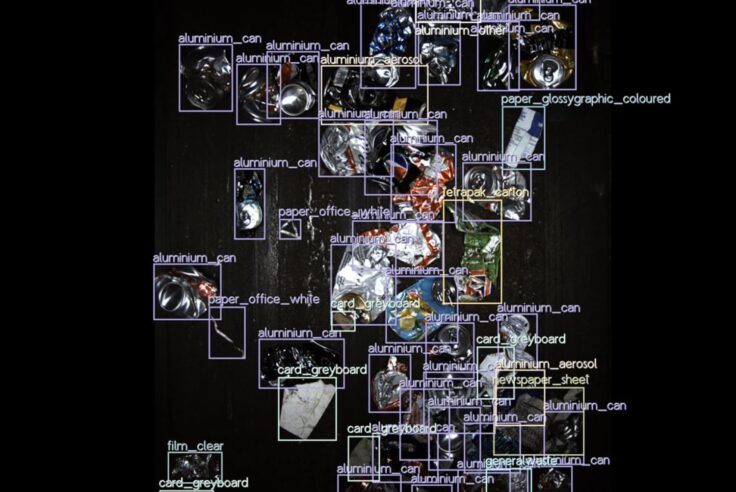
Press Release
New Data Reveals High Quantities of Food-Grade Polypropylene...
Closed Loop Partners’ Center for the Circular Economy...
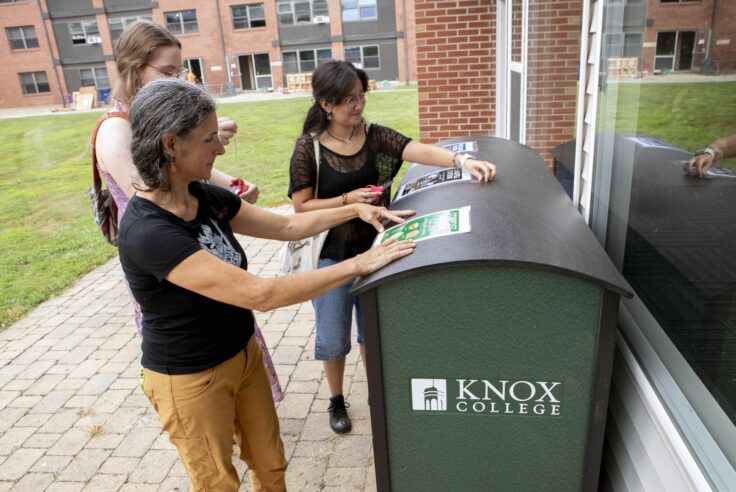
Blog Post
Keeping Compost Clean: Tools to Help Reduce Contamination...
The Composting Consortium interviews EcoProducts to...
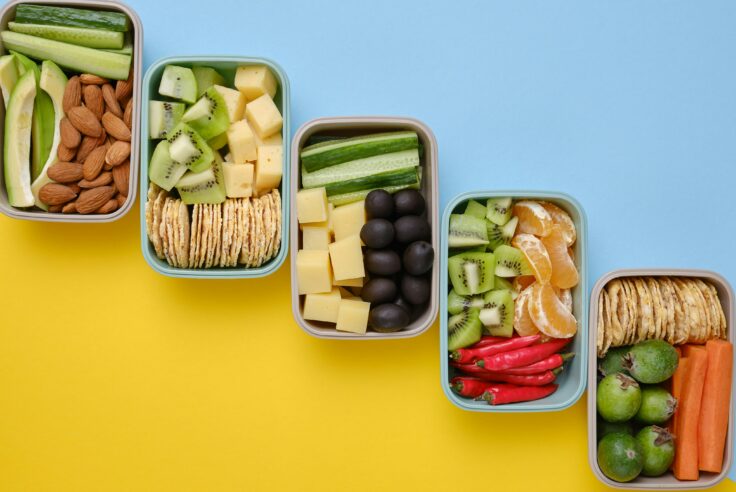
Press Release
Closed Loop Partners and U.S. Plastics Pact Identify...
Packaging types primed for reuse lay the groundwork...

Press Release
Closed Loop Partners Unveils Groundbreaking Findings...
Closed Loop Partners’ Center for the Circular Economy...
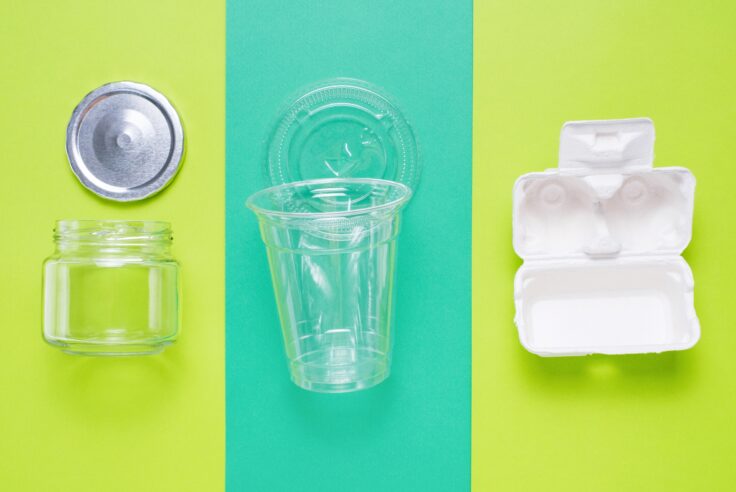
Blog Post
8 Tips to Navigate Life Cycle Assessments for Circular...
Closed Loop Partners’ Center for the Circular Economy...
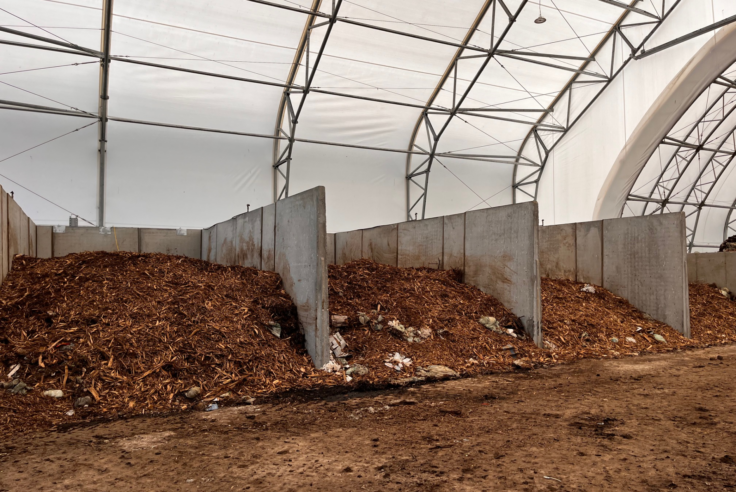
Blog Post
Why More Composters Are Recovering Food Scraps and...
Black Earth Compost and Glacial Ridge Composting Facility...
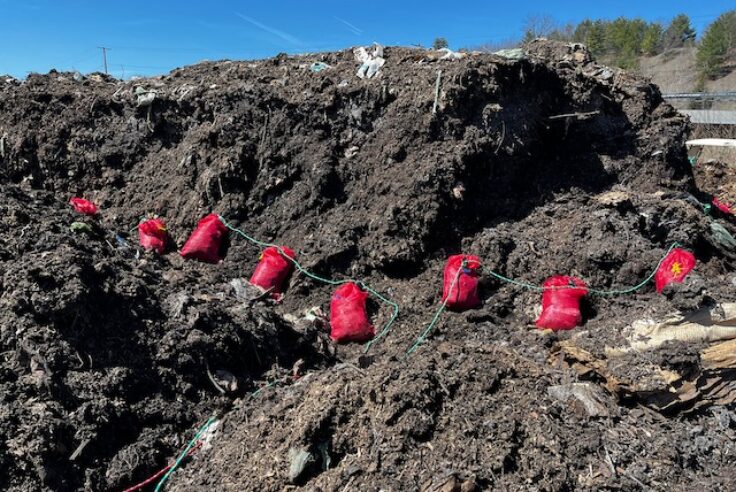
Blog Post
Does Compostable Packaging Actually Turn into Compost?...
In a joint interview, field testing experts, including...
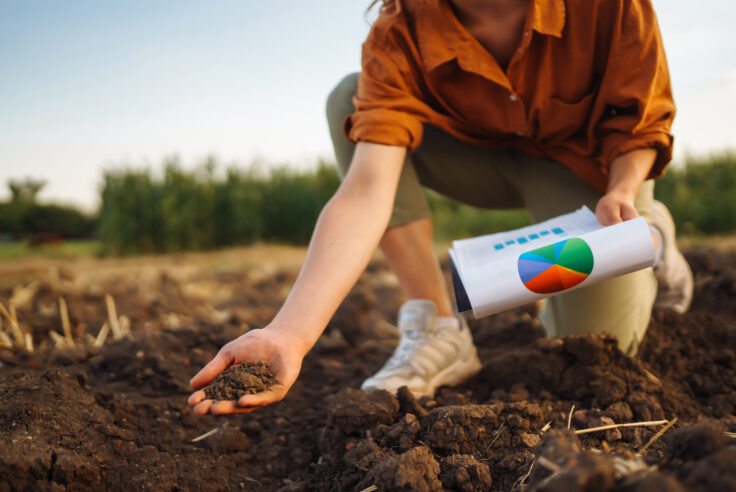
Press Release
Composting Consortium Releases New Data to Compostable...
The new platform by the Compostable Field Testing Program...
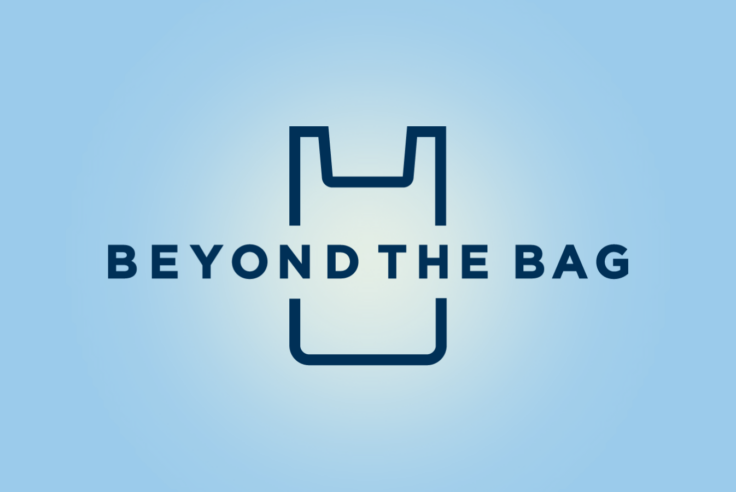
Press Release
Leading Retailers Accelerate Industry Collaboration...
Target, CVS Health, Kroger and other retailers reaffirm...
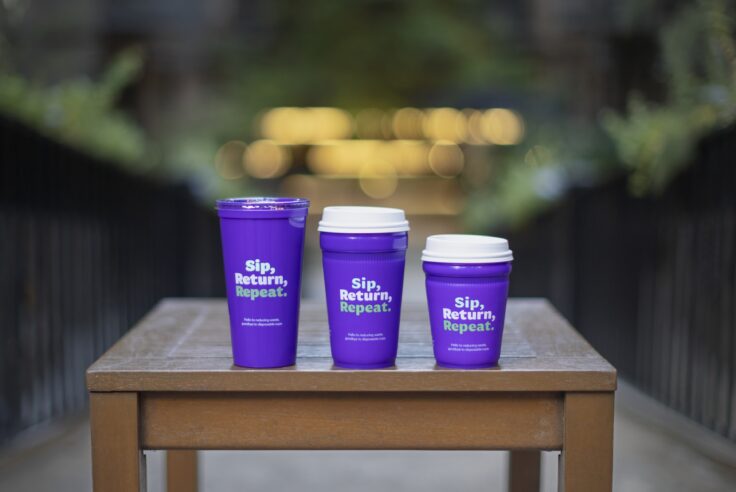
Press Release
The Petaluma Reusable Cup Project: Starbucks, The Coca-Cola...
The collaboration, led by the NextGen Consortium, makes...
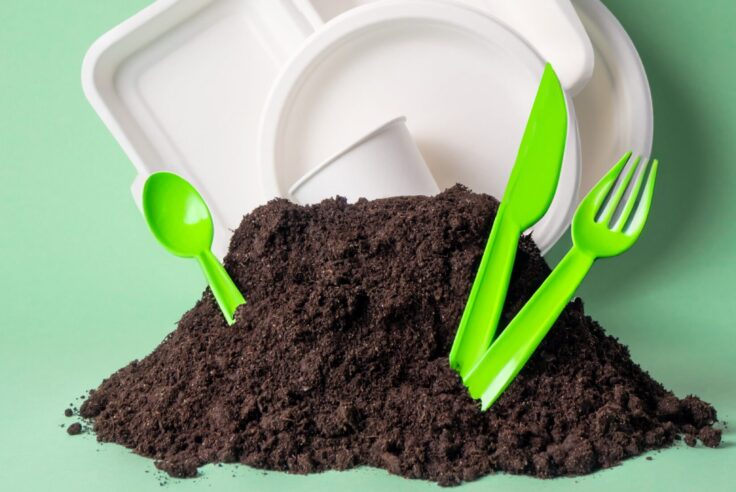
Press Release
Does Compostable Packaging Actually Break Down? Composting...
Data in new report reveals that certified food-contact...
